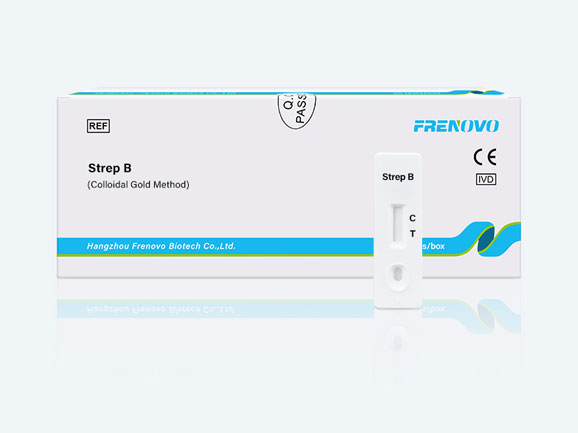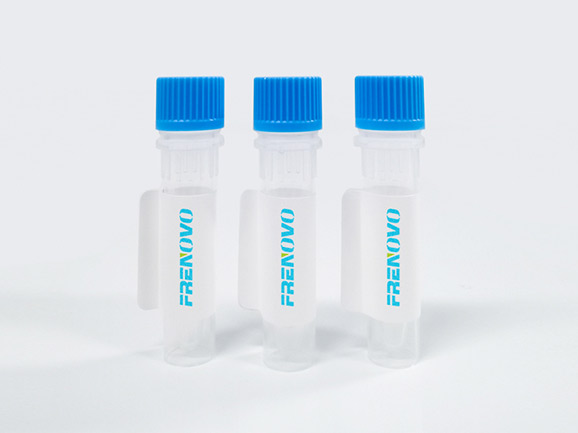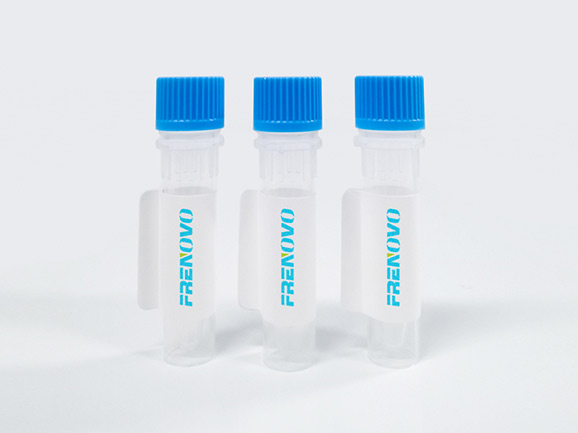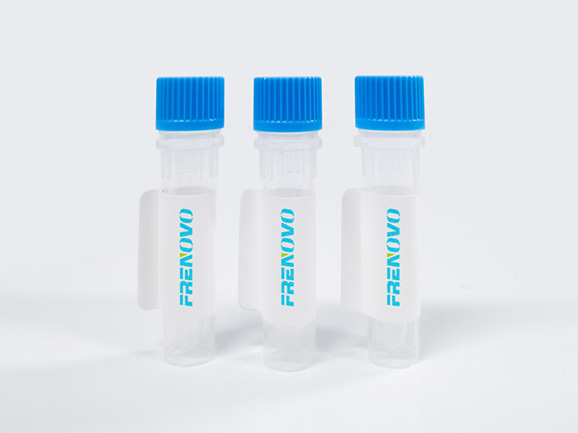In vitro diagnostic reagents refer to in vitro diagnostic reagents managed as medical devices, including reagents, kits, and calibration kits used for in vitro detection of human samples in the process of disease prediction, prevention, diagnosis, treatment monitoring, prognosis observation, and health status evaluation. Products, quality control products and other products. It can be used alone or in combination with instruments, appliances, equipment or systems.
According to the health examination requirements of blood donors, the contents of blood testing after blood donation include: blood type testing (correct typing of ABO and RhD blood types); alanine aminotransferase (ALT), hepatitis B virus (HBV) testing, hepatitis C virus ( HCV) test, AIDS virus (HIV) test, syphilis (Syphilis) test, etc. meet the relevant requirements. The in vitro diagnostic reagents for blood source screening are to ensure the safety of blood transfusion for patients and avoid blood-borne transmission of HIV, hepatitis virus, etc. Therefore, the national statutory kits for blood source screening are the screening kits for the above five blood virus antigen antibodies except alanine aminotransferase.
For radionuclide-labeled in vitro diagnostic reagents, the most approved by CFDA is the radioimmunoassay kit. Radioimmunoassay is a method of using isotope-labeled and unlabeled antigens to compete with antibodies for the determination of immune substances in the human body. Such as hepatitis B virus surface antigen diagnostic kit (radioimmunoassay).
① calibrator;
②Quality control products;
③ Kits, such as C-reactive protein detection kits, etc.;
④ In vitro diagnostic reagents;
⑤ Others.
The performance of in vitro diagnostic reagents is mainly reflected in three aspects:
(1) Analytical performance: mainly including precision, accuracy, sensitivity, specificity, linear range and other performances.
(2) Diagnostic performance: the degree of sensitivity and specificity to the detected substance.
(3) Stability: product expiration date, transportation stability, bottle opening stability, and accelerated stability, etc.
The raw materials and processes used in the reagents should have clear quality requirements and have been verified, and the performance of the final product meets the requirements for clinical use.
The main factors affecting product performance include the establishment of raw materials, processes and reaction systems, performance evaluation methods, establishment of internal reference products, and clinical evaluation.




